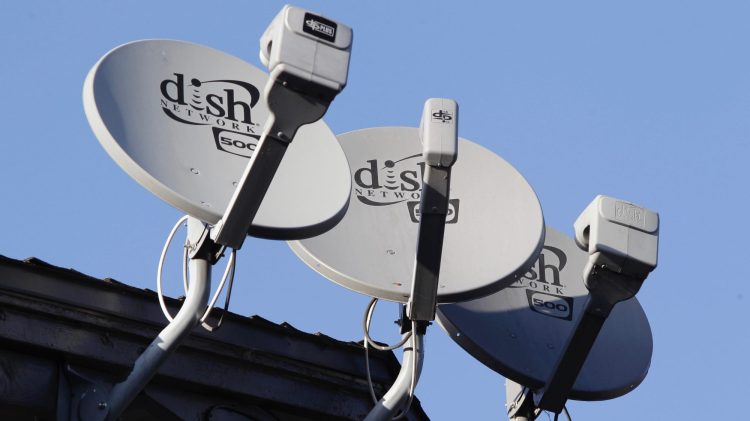It’s no secret that T-Mobile and Sprint have spent more than a year trying to win regulatory approval for their merger, or that they were willing to do practically anything officials asked in order to make it happen. FCC commissioners wanted guaranteed nationwide 5G coverage, including rural and underserved communities — they got it. Then the Department of Justice insisted that the carriers sell off enough assets to let another company, Dish Network, become their rival. According to a new Bloomberg report, regulators got that, too.
I won’t call myself mystified by the DOJ’s pursuit of this concession, because I can understand the theoretical basis for preserving the U.S. cellular industry’s status quo. If Sprint’s data plan pricing was actually influencing T-Mobile’s — I’d argue it wasn’t — merging the companies might drive prices up for standard cellular service. But to gain regulatory approval, the carriers pledged not to raise prices for three years, making this issue largely moot.
In the budget cellular market, there could have been a bigger impact. The merger would have combined the carriers’ prepaid cellular brands Boost Mobile and Metro (aka MetroPCS), which might also have led to higher prices or fewer stores to serve the country’s most budget-conscious consumers. So the DOJ stopped that, forcing Boost to be spun off in a $1.5 billion sale to Dish.
The combined deal will see Dish acquire both Boost and $3.5 billion of wireless spectrum to build its own cellular network. In exchange, it will guarantee that it won’t sell its new assets to another company or controlling entity for three years, and receive seven years of access to T-Mobile’s network while it builds its own network and customer base. These durations were a reported sticking point in the DOJ/T-Mobile/Sprint negotiations, as T-Mobile didn’t want to commit its network resources to serving a huge rival’s customers, particularly if Dish opted to sell out to an Amazon-class tech giant.
June 5th: The AI Audit in NYC
Join us next week in NYC to engage with top executive leaders, delving into strategies for auditing AI models to ensure fairness, optimal performance, and ethical compliance across diverse organizations. Secure your attendance for this exclusive invite-only event.
It’s worth noting at this point that Dish will jump from place zero in the U.S. cellular industry to just ahead of current fifth-place carrier U.S. Cellular, which has somewhere in the neighborhood of 5 million users scattered across multiple states — but apparently no great ambition to go national by acquiring T-Mobile assets. Even so, U.S. Cellular might have been a stronger rival to the New T-Mobile than Dish, which has spent years watching its satellite television business deteriorate while sitting on potentially useful wireless spectrum, not exactly the actions of a fearsome cellular competitor.
Thanks to the DOJ, U.S. consumers are about to wind up with basically the same thing they had before with Sprint — another weak “national” fourth-place carrier that consumers will largely write off as inferior to T-Mobile, and on roughly the same playing field as an MVNO. Just as Verizon and AT&T basically wrote off the T-Mobile/Sprint merger last year, it’s hard to imagine T-Mobile’s aggressive CEO John Legere sweating over any smaller rival with limited vision and/or ambitions going forward.
This assumes, of course, that Dish won’t seriously step up and find some viable way to deliver cheaper or stronger service than the T-Mobile network it’s based upon. It could do that — hopefully under a better brand name — and if so, it will be a welcome new competitive force in the cellular market. If not, its only value may be as a stepping stone to bring Amazon, Apple, or Google into the market as a carrier several years from now. The very prospect of overseeing the twists and turns of such a deal may be enough to keep regulators excited while the clock ticks down on Dish’s resale limitations.

